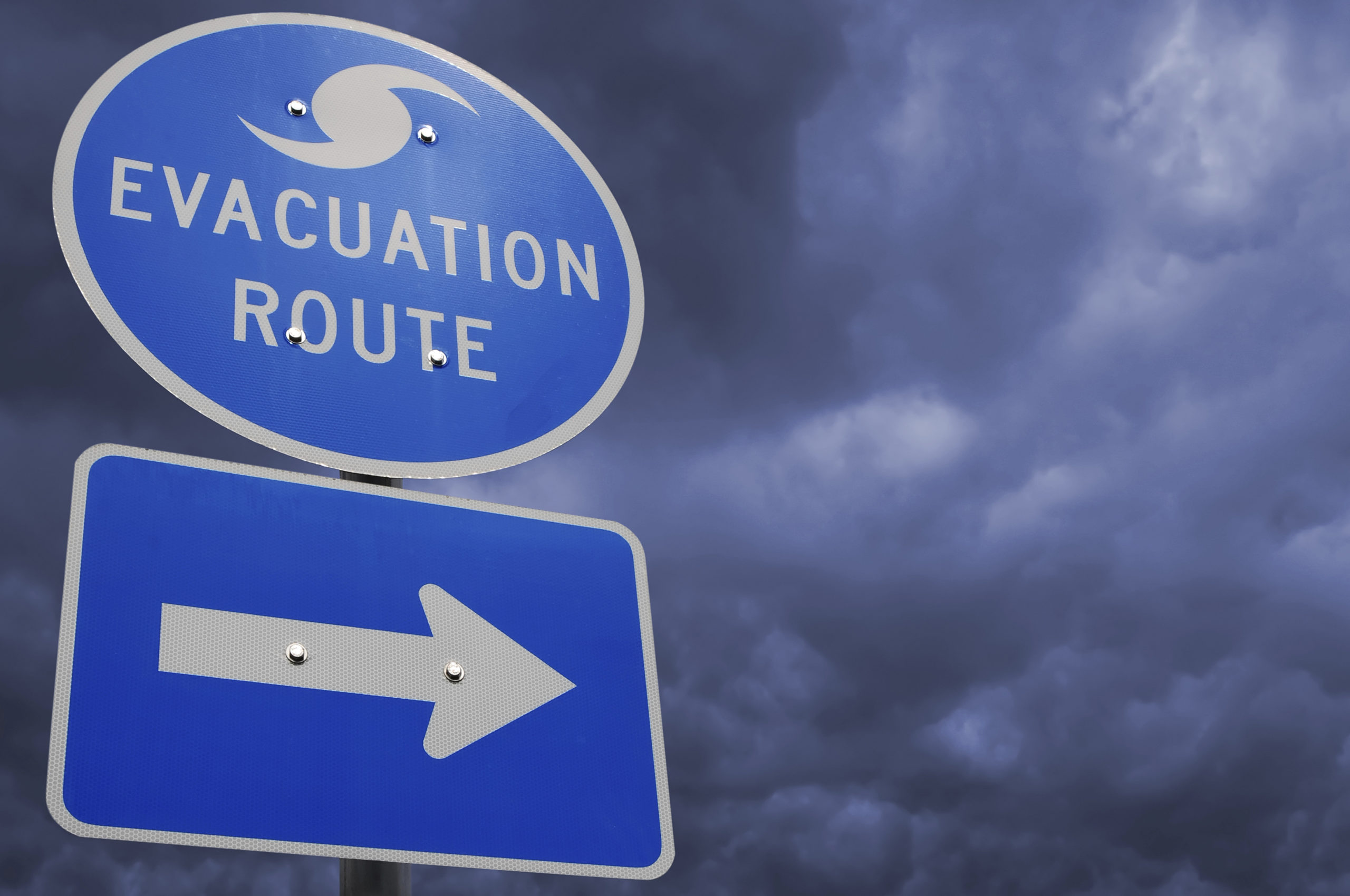Extreme weather includes heatwaves, tornadoes, hurricanes, ice storms, and blizzards. Extreme weather events can disrupt electrical services, damage buildings, and wash out roadways.
Extreme weather can cost homeowners thousands in repairs. Homeowners can prevent significant damage by taking steps to prepare their homes for extreme weather. The exact steps vary based on your location, but following this guide will ensure you’ve done everything possible to protect your home from extreme storms.
Identify the types of extreme weather you could experience.
Every region of the globe deals with different weather systems. Suppose you live in Miami-Dade County. You’re more likely to deal with hurricanes than blizzards, while Nebraska, Colorado, Wyoming, and Kansas experience more hail storms than other locations in the United States.
Each type of weather system carries specific risks and has specific safety recommendations. Kansas typically experiences dozens of tornadoes each year. Several states experience blizzards. The southwestern United States is prone to drought, putting residents at risk of water shortages and forest fires.
Some regions face different storm risks at different times of the year, making it necessary to perform seasonal weather preparations. Identify the common extreme weather threats in your area and make a checklist of event-specific steps to take before a storm.
Take specific steps to protect your home from standard weather systems in your area.

Hurricanes are powerful storm systems with high winds and heavy rains. Although these massive storms can cause significant damage, there are several ways you can prepare your Doral, FL, home for the next storm. Right before a storm, hire experts to prepare your home to withstand the force of the hurricane. Even if you have impact windows, you may want to have your windows boarded up to protect them from debris. You can also contact South Florida contractors at the start of hurricane season and have them assess your home for potential threats. Contractors help property owners determine how to prevent property damage from floods and debris during significant storms. You can also invest in a priority response agreement, ensuring you have a team of experienced professionals who’ll help you restore your property after the hurricane passes.
Perhaps you live in the central part of the country and face a more significant threat from tornadoes. You can use the Federal Emergency Management Agency (FEMA) recommendations to build a safe room where you can take shelter during storms. Installing impact-resistant windows and securing your doors can also help prevent property damage during a tornado.
Your roof can collapse under the weight of heavy snow. Clear your roof before snowstorms to prevent a collapse. Clear snow from walkways and doorways to make it easier to exit your home after the storm. Insulate your attic and seal your doors and windows to prevent drafts.
Adding insulation to your attic and having a programmable thermostat installed can help you regulate your home’s temperature if you experience extreme heat where you live. You can also install fire-resistant siding and shingles to reduce the risk of fire damage if there’s a forest fire in your area.
No matter where you live, a generator can come in handy.

When it’s time to renovate your kitchen, it’s time to install a generator. Generators keep the appliances in your new kitchen operating. You’ll also be able to provide power to your light fixtures and run your furnace or air conditioner because you’ll have power.
Make sure your generator’s installed correctly and has good ventilation to prevent carbon monoxide from building up inside your home. Hire an electrician to connect your generator, ensuring critical systems and appliances have electricity during power outages. Keeping the power running can prevent pipes from freezing during blizzards and enable sump pumps to operate during heavy rainfall, preventing or limiting flood damage.
Extreme weather can damage your home, causing thousands in repair bills. Investing in superior storm-resistant windows, fire-resistant shingles and siding, and installing a generator can help you protect your home from storm damage.

